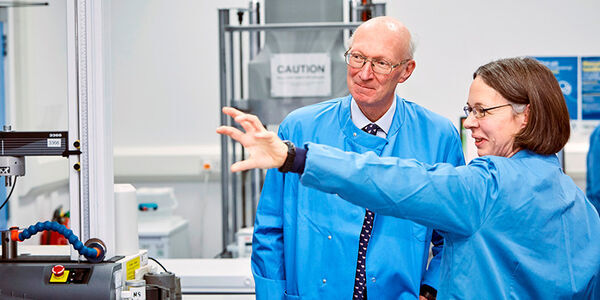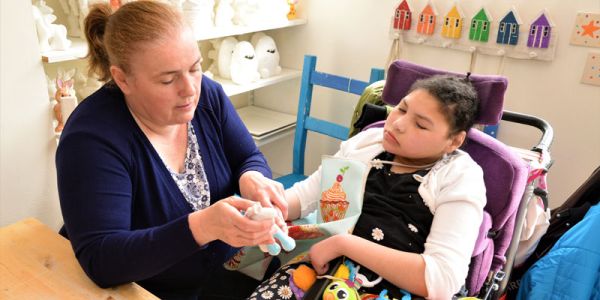
Professor Dame Jane Francis announced as new Chancellor
Professor Dame Jane Francis has been announced as the University’s new Chancellor.

Professor Dame Jane Francis has been announced as the University’s new Chancellor.

An antibiotic candidate compound shelved in the 1970s in favour of more promising drugs could be worth a second look, new research has found.

A multi-million pound investment has secured the future of a joint University and NHS research centre specialising in rheumatology, musculoskeletal diseases and joint replacement.

Research into innovative medical technologies has been recognised in the Government’s Industrial Strategy Life Sciences Sector Deal.

Doctors risk overdiagnosing the most common and fastest-growing liver condition, exposing patients to harmful tests, according to a study published today.

A quarter of parents of disabled children provide 100 hours of care a week – equivalent to three full-time jobs – according to new research.

An international team of scientists, led by the University of Leeds, has quantified the relationship between natural sources of particles in the atmosphere and climate change.

The achievements of a pioneering Yorkshire MP are to be commemorated with a public lecture by senior MP Harriet Harman.

The decline in death rates from heart disease in rich countries could be threatened by rising rates of obesity and diabetes, according to a study by European heart experts.

The majority of places of worship that permit same-sex marriage only carry out a small number of ceremonies, with roughly half having actually married a gay couple, a new study shows.